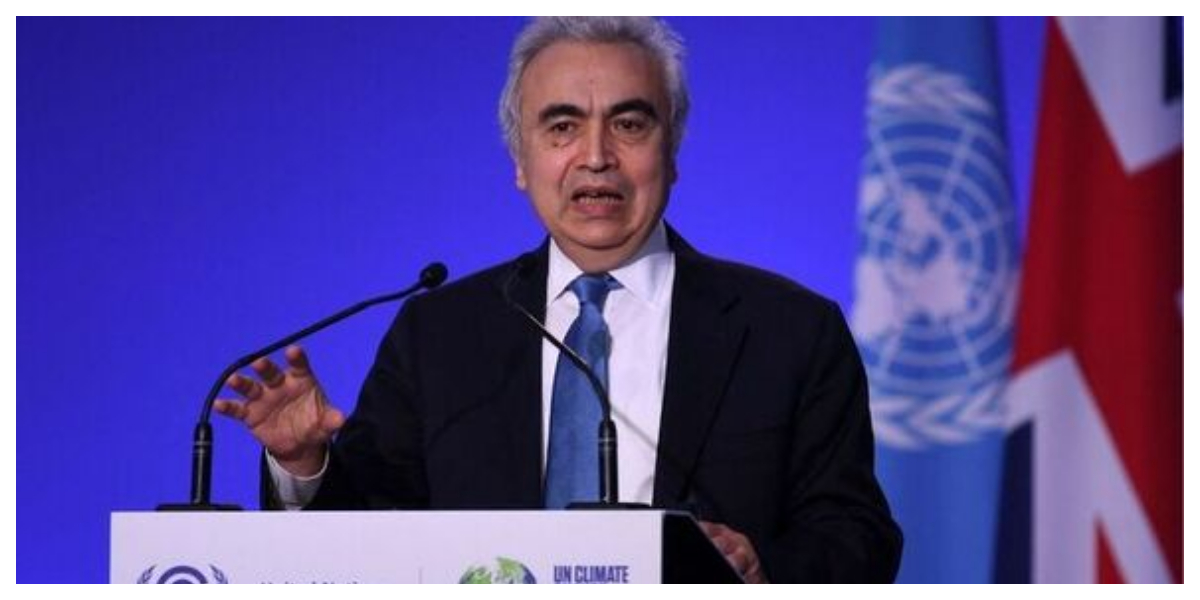EU CITIZENS are being exhorted to drive less, modify boiler settings, drive slower, and take trains instead of short-haul flights to save energy in the face of rising energy prices.
The International Energy Agency and the European Commission have released a guide outlining steps to follow to reduce energy consumption, which may save a typical home €450 (£375) per year.
It comes as EU countries seek to terminate energy relations with Russia following its February invasion of Ukraine.
All European Union countries have vowed to stop using Russian fuel by 2027, but the EU is still reliant on 26 percent of its oil imports and 40 percent of its gas imports.
However, Germany’s energy minister, Christian Lindner, stated on Wednesday that stopping oil imports immediately would be unfeasible.
Europe has stated that it is now unable to discover alternate suppliers and is instead requesting that residents modify their lives.
The Paris-based IEA urged that EU people work from home wherever possible, utilize bikes, and public transportation, share cars, avoid driving on Sundays, and walk more in the advisory, which was released on Thursday.
It also encourages countries to implement car-free Sundays, which some currently do.
According to the IEA, if Europeans follow the instructions, they may save roughly 450 euros per year based on the average energy expenses of a typical home.
The projections, however, will differ from family to household based on the automobile they drive and the property they live in.
Fatih Birol, executive director of the IEA, said: “Faced with the horrendous scenes of human suffering that we’ve seen following Russia’s invasion of Ukraine, people in Europe want to take action.
“This guide has easy-to-follow steps that with little or no discomfort on our part can reduce the flow of money to Russia’s military and help put us on a path to a cleaner and more sustainable planet.”
According to the recommendations, lowering the thermostat by 1 degree Celsius could save a household 70 euros on their heating bill, and driving 10 kilometers per hour slower on highways may save an additional 60 euros per year on fuel expenditures.
According to the IEA, if all citizens of the 27 EU nations adopted the procedures outlined in the handbook, 220 million barrels of oil and 17 billion cubic meters of gas could be saved each year.



















